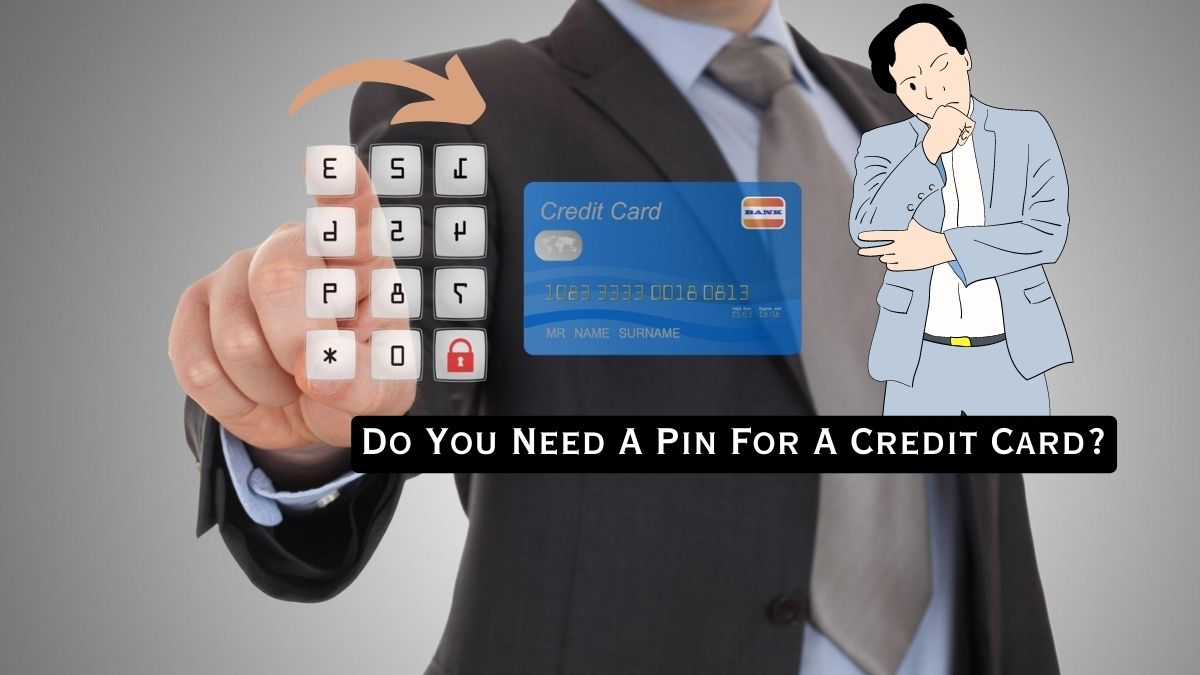Do You Need A Pin For A Credit Card?
Discover the significance of Do You Need A Pin For A Credit Card and its role in enhancing security. Learn how to set and change your credit card PIN, along with crucial best practices to safeguard your financial interests effectively.
This blog aims to provide a full and detailed overview of the significance of PINs in safeguarding your financial interests.
What is a Credit Card PIN?
A Personal Identification Number (PIN) is a unique numeric code assigned to credit and debit cards. It serves as a secure authentication method when making transactions, both in-person and at ATMs. Unlike signatures, which can be easily forged, PINs add an additional layer of protection to prevent unauthorized access to your funds.
Types of Credit Card Transactions Requiring PINs
- Point-of-Sale Transactions: When using a credit card at physical retail stores, some countries and regions may require a PIN for transactions over a certain amount, typically for added security on larger purchases.
- ATM Withdrawals: When withdrawing cash from an ATM using your credit card, you will need to enter your PIN to validate the transaction.
Benefits of Using a PIN for Credit Cards
- Enhanced Security: PINs provide a more secure authentication method compared to signatures, reducing the risk of fraud and unauthorized use.
- Protection Against Lost or Stolen Cards: If your credit card is lost or stolen, having a PIN makes it more difficult for unauthorized individuals to access your funds, adding an extra layer of protection.
- Increased Confidence in Online Transactions: When using your credit card for online purchases, some platforms may require you to enter your PIN, ensuring a higher level of security.
How to Set and Change Your Credit Card PIN
- Setting Up Your PIN: When you receive a new credit card, you will typically receive a PIN mailer separately. Follow the instructions to activate the card and set your PIN. Ensure it’s not easily guessable (avoid using common combinations like 1234 or 0000).
- Changing Your PIN: For added security, it is essential to change your PIN periodically. Most banks offer the option to change your PIN at their ATMs or through online banking services.
PIN Security Best Practices
- Memorize Your PIN: Avoid writing down your PIN or saving it in digital formats, as it increases the risk of unauthorized access.
- Don’t Share Your PIN: Never share your PIN with anyone, not even with close friends or family members. Your PIN is personal and should be kept confidential.
- Protect Your PIN at ATMs and Point-of-Sale Terminals: Shield your PIN entry from prying eyes or hidden cameras when using ATMs or making purchases.
Conclusion
In conclusion, credit card PINs play a vital role in enhancing security and protecting your financial interests. By understanding their importance and following best practices, you can confidently use your credit card for various transactions, knowing that your funds are safe and secure.
Remember to treat your PIN as confidential information and take the necessary precautions to keep it protected. Stay vigilant, and enjoy the convenience and security that credit cards offer in today’s modern world.






